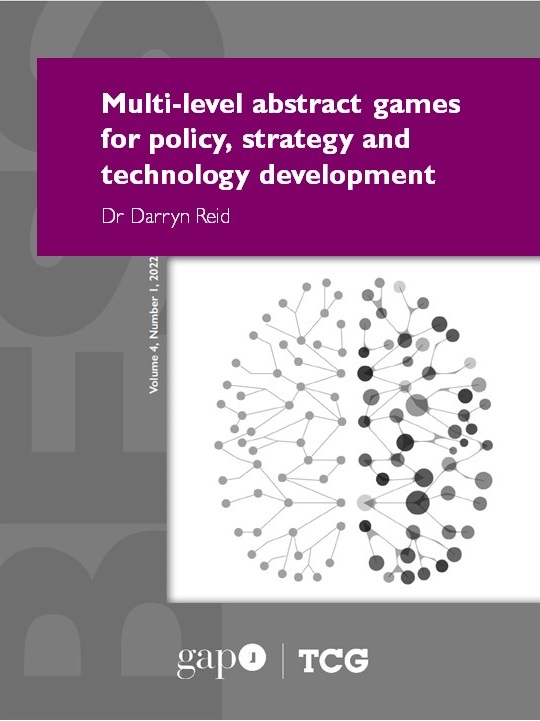Multi-level abstract games for policy, strategy and technology development
DOI:
https://doi.org/10.54337/ojs.bess.v4i1.7299Keywords:
game models, decision making in complex environmentsAbstract
Game models provide a basis for solving complex decision-making problems in 'wicked' environments, with explicit bounds on reliability. Problems are 'wicked' primarily because of underlying paradoxical self-referential causal loops in the problem structure, resulting in some questions simply being unanswerable within the problem environment, even with complete information – and we rarely have full information either. Such problems are inherently non-stationary, with environmental change driven endogenously from within the environment itself, and they also involve exposure to terminal failure, generating asymmetries that are difficult to handle. Embodying symmetry properties into game models forms testable decision-making theories in complex environments. Subsequent extraction of usable invariant conditions determines decision making, which might mean policy or strategy determination, planning or artificial intelligence. Invariant conditions can be global or local. Global invariants are exhibited indefinitely in the game. Local invariants hold for limited periods of stability between phase shifts, requiring dynamic detection and response to their dissolution. This amounts to using game models to systematically map non-stationary problems to abstract stationary problems by making recondite symmetry properties definitive. Environment properties are captured at different levels of abstraction, corresponding to the level of uncertainty involved. This mapping means that largely conventional methods can then be applied.

Additional Files
Published
Issue
Section
License
Copyright (c) 2022 Dr Darryn Reid

This work is licensed under a Creative Commons Attribution-NonCommercial-NoDerivatives 3.0 Unported License.
This journal provides immediate open access to its content on the principle that making research freely available to the public supports a greater global exchange of knowledge.
Articles published in BESS follow the license Creative Commons Attribution-NonCommercial-NoDerivs 3.0 Unported (CC BY-NC-ND 3.0)
Authors retain copyright and grant the journal right of first publication with the work simultaneously licensed under a Creative Commons Attribution License: Attribution - NonCommercial - NoDerivs (by-nc-nd).
Further information about Creative Commons




